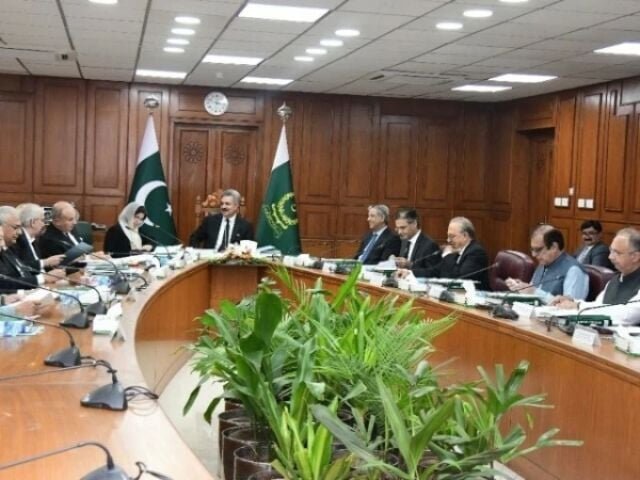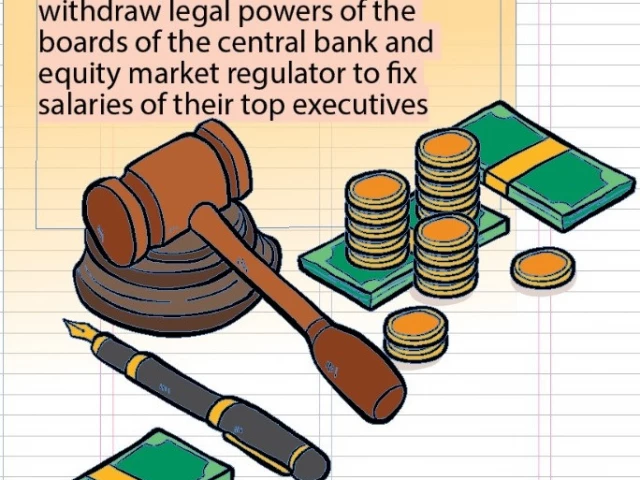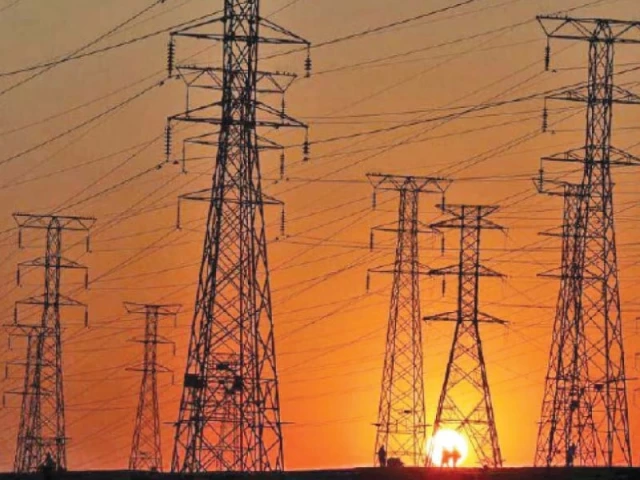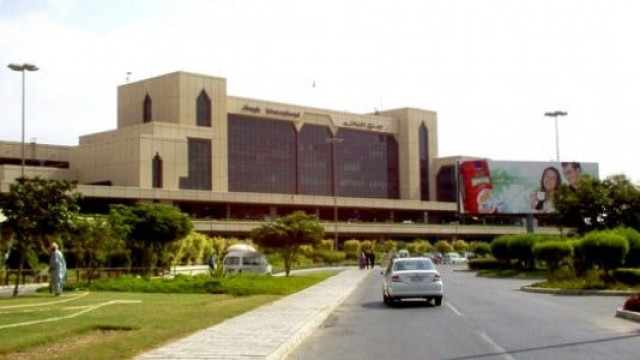Understanding the Recent High Court Appointments in Pakistan
On Tuesday, the Judicial Commission of Pakistan (JCP) made significant strides in enhancing the judicial landscape by appointing permanent chief justices for four major high courts — Peshawar, Balochistan, Sindh, and Islamabad. This move is crucial, as it sets the stage for effective governance and legal integrity in the country.
Peshawar High Court Leadership
Justice SM Attique Shah was appointed as the permanent Chief Justice of the Peshawar High Court. His nomination, chosen from a pool of capable candidates, reflects not only his experience but also the trust placed in him by peers. With the legal system constantly evolving, his leadership comes at a critical time for the courtroom dynamics in Khyber Pakhtunkhwa.
Balochistan’s New Chief Justice
For the Balochistan High Court, Justice Rozi Khan took the helm, selected based on his seniority. This decision highlights the JCP’s commitment to a transparent and merit-based system, which is essential for fostering public confidence in the judiciary.
Sindh High Court’s Appointment
Justice Muhammad Junaid Ghaffar has been unanimously appointed as the Chief Justice of the Sindh High Court. A consensus amongst the JCP members regarding his seniority bodes well for the future of legal proceedings in Sindh, particularly considering the complexities that often arise in the region.
Islamabad’s Top Post
In the capital, Justice Sardar Sarfraz Dogar won the responsibility of leading the Islamabad High Court, with a majority vote from the JCP. His experience and established seniority indicate a strong commitment to justice in one of the most pivotal jurisdictions in Pakistan.
Amidst Controversy
Interestingly, this JCP meeting wasn’t without its tensions. Senator Ali Zafar, affiliated with the Pakistan Tehreek-e-Insaf, expressed concerns about the appointment process, highlighting the ongoing intra-court appeal regarding judges’ seniority. His remarks underscore the unresolved discussions surrounding the judiciary’s decision-making processes.
The appointment of chief justices is not just about filling positions; it’s about ensuring that the legal framework operates smoothly and fairly. The JCP’s recent decisions reflect an effort to strengthen the judiciary, instilling confidence among citizens that their legal matters will be handled by qualified and principled judges.
In such a rapidly changing environment, staying informed about these developments is crucial for anyone interested in law or governance. For more insights and discussions on the evolving legal landscape in Pakistan, connect with us at Pro21st. We delve deeper into these topics and guide you through the intricacies of justice and governance.
At Pro21st, we believe in sharing updates that matter.
Stay connected for more real conversations, fresh insights, and 21st-century perspectives.





